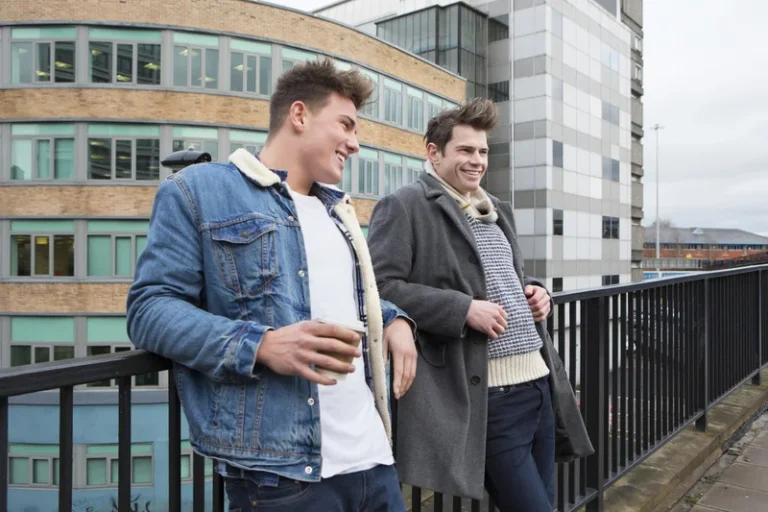
Here are the top 10 common relapse triggers you might encounter during your recovery journey. Understanding these triggers can help you stay motivated and on track with your recovery goals, ultimately leading to a healthier, happier life. It is very important to remember that relapse is not a sign of failure, but rather a part of the recovery process for many people. Instead, it provides an opportunity to learn and grow, to identify what led to the relapse, and to make necessary changes in one’s treatment plan.
- They can also build up their coping skills to help them better handle difficult situations.
- By making changes in your lifestyle, relationships, and priorities, you may be able to reduce the number of stressful situations in your life.
- A trigger is an emotional, environmental or social situation that drags up memories of drug or alcohol use in the past.
- Creating and adhering to a personalized relapse prevention plan can help in reducing the risk of reverting to substance use.
Stress and Craving

Discover understanding the feeling of gratitude in recovery and its types of relapse triggers transformative effects on well-being. Explore the ways yoga helps with recovery, enhancing both mental and physical health on the path to healing. Explore Chris Herren’s “Rebound” inspirational talk on drug addiction and the road to recovery and resilience. Explore the impact of March Madness on addiction, from binge drinking to gambling challenges and prevention. Discover 5 ways to support your loved one through treatment and make a meaningful difference in their journey.
- Triggers can be anything from people, places, or objects that remind you of substance use.
- Among the main factors that contribute to relapse are overconfidence in recovery, psychological withdrawal symptoms, and feelings of isolation and loneliness.
- During stressful situations, individuals in recovery often experience a heightened desire for their substance of choice.
- One way to prevent stress from triggering you is to evaluate your stress levels.
Redefining Life Post-Drugs
Triggers that come from within you can be difficult to deal with because internal triggers can stem from a variety of sources that you can’t simply remove, like you can an external trigger. Users in recovery can ask themselves some questions to help them understand their internal =https://ecosoberhouse.com/ thoughts and feelings. After removing the corticosterone-producing glands from the rats, researchers observed a lack of relapse behavior after triggering them with low doses of cocaine. In contrast, when they increased the corticosterone levels, unstressed rats showed relapse behaviors when triggered. A NIDA study maintains that exposure to drug-related objects may influence a former addict’s behavior.

The Top Eight Relapse Triggers—And How to Manage Them
Wondering, “Do I need rehab?” Discover signs, benefits, and types of addiction treatment to regain control. Discover state-funded Sober living home drug rehab in New York, eligibility, services, and vital resources for recovery. Discover where the best drug rehab centers are located and how to choose the right path to wellness. Discover five herbs to aid in the recovery process and unlock nature’s healing powers for optimal well-being.

Other people may become so stressed out by the push to perform at school or work that they are tempted by the feelings produced by stimulants. Expecting triggers and planning to cope with them effectively is the best way to defend against addiction relapse. A relapse prevention plan is an essential tool in sustaining sobriety and avoiding setbacks in the recovery journey. Creating and adhering to a personalized relapse prevention plan can help in reducing the risk of reverting to substance use. Negative emotions such as anger, sadness, or loneliness can also be powerful triggers for relapse. These emotions may arise during the recovery process, and it is important to have healthy coping mechanisms in place to deal with them.
- Addiction happens because the use of drugs or alcohol makes a person feel better in some way.
- Recognizing and addressing these triggers can be a vital step in maintaining recovery.
- Try brainstorming ideas on your own and work with your counselor or therapist to come up with a plan.
- A relapse refers to the resumption of substance use or engaging in addictive behaviors after a period of abstinence or recovery.
- Discover essential things to consider before reconciling with family for lasting healing and understanding.